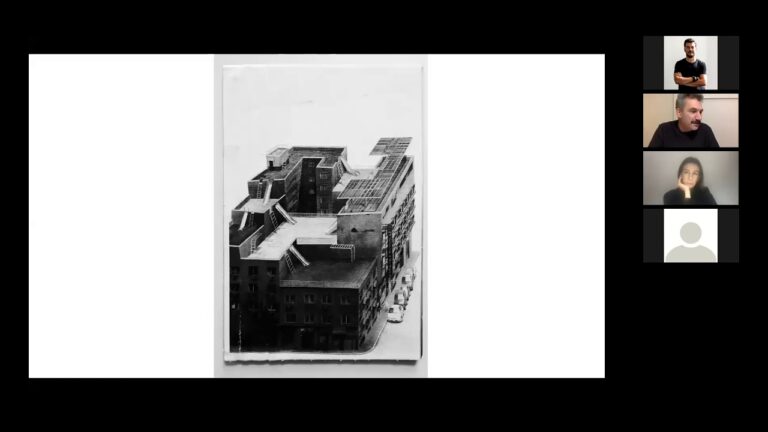
The idea of protocols of withdrawal seems to refer to the condition of the pandemics but it is not so. On the contrary it leads here to a definition of the city’s normality pre-existing the pandemics and addressing the future after it; through an investigation about urban withdrawal we are oriented towards a systematic theory of the infrastructure; an updated concept of infrastructure -including the realm of the post digital extensions of it- becomes increasingly visible as a mechanism of withdrawal. Providing services and goods from a distance, this infrastructure can settle a form of “life from a distance”; in the same way it automatically silences all possible technical malfunctions operated in its realm, it glorifies a concept of permanent maintenance as the core of its rationale. By tele-operation this silencing effect of the infrastructure becomes even stronger as a permanent possibility for the gratification of all possible urban or post-urban needs. In this sense the infrastructure seems to not only be the technical support of urban life but the unifying spine of its multiple faces. Any concept of the political has to deal now with the automatisms of infrastructure.
The law of withdrawal is presented in two chapters: the theory of the cockpit and the status of invisible community, both extended to an architectural practice. Both showcase the double bind between the public and the private sphere of the post network world.
Aristide Antonas’ work spans philosophy, art, literature and architecture. He has published novels, short stories, theatre scripts and essays. His art and architecture work has been featured among other places in documenta 14, Istanbul biennial, Venice biennale, and had solo institutional presentations in the Swiss Architecture Museum, in Austria’s Vorarlberger Architektur Institut and in the French FRAC, Orleans.
source